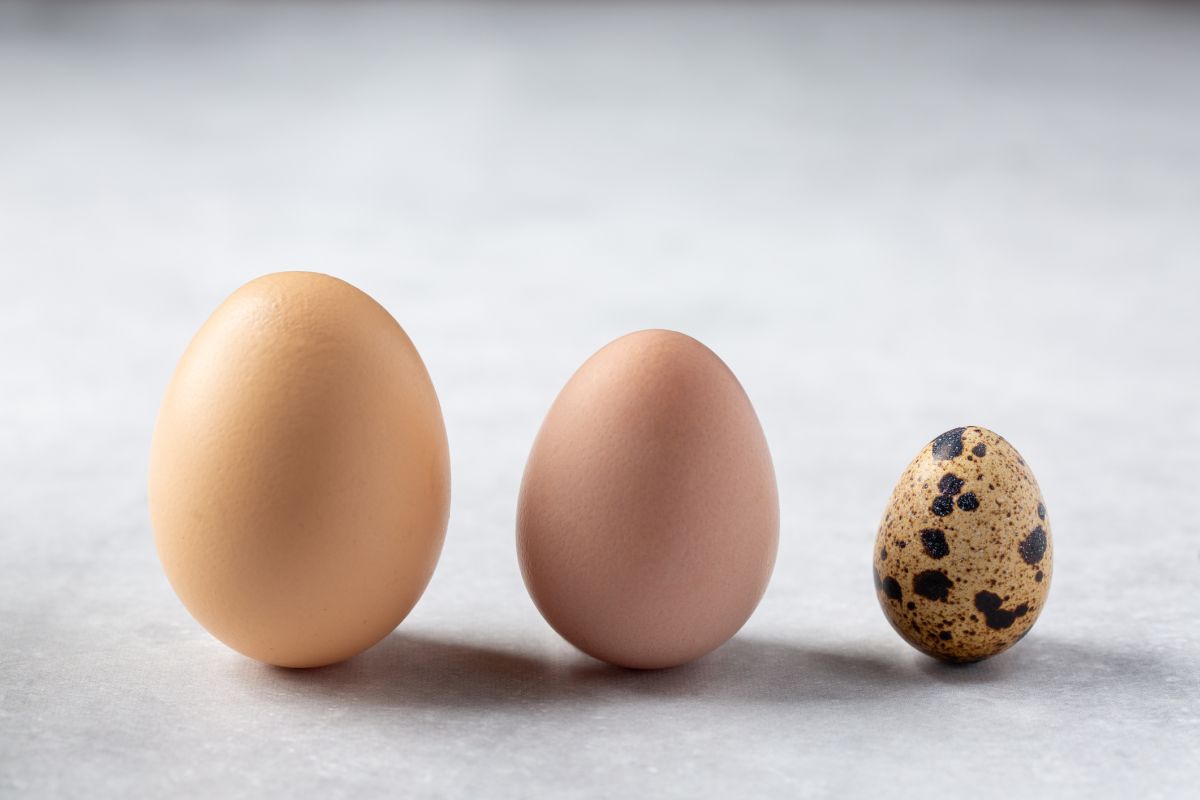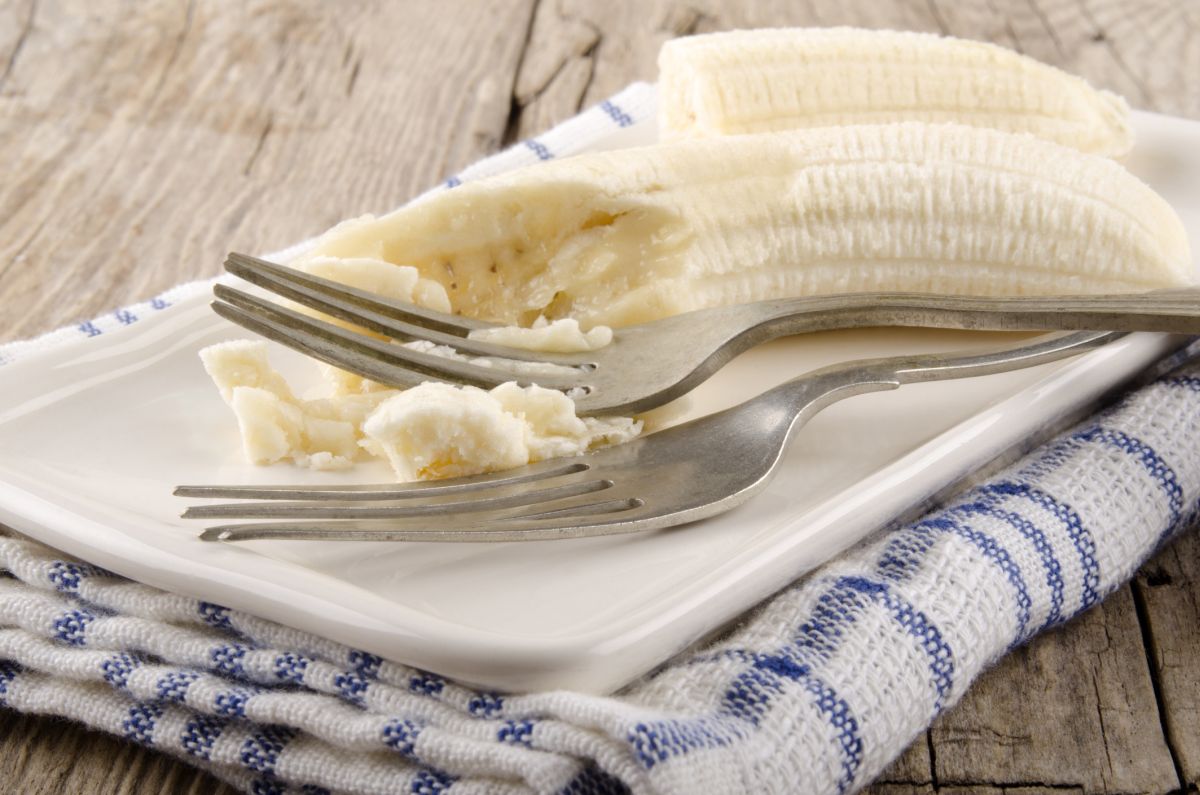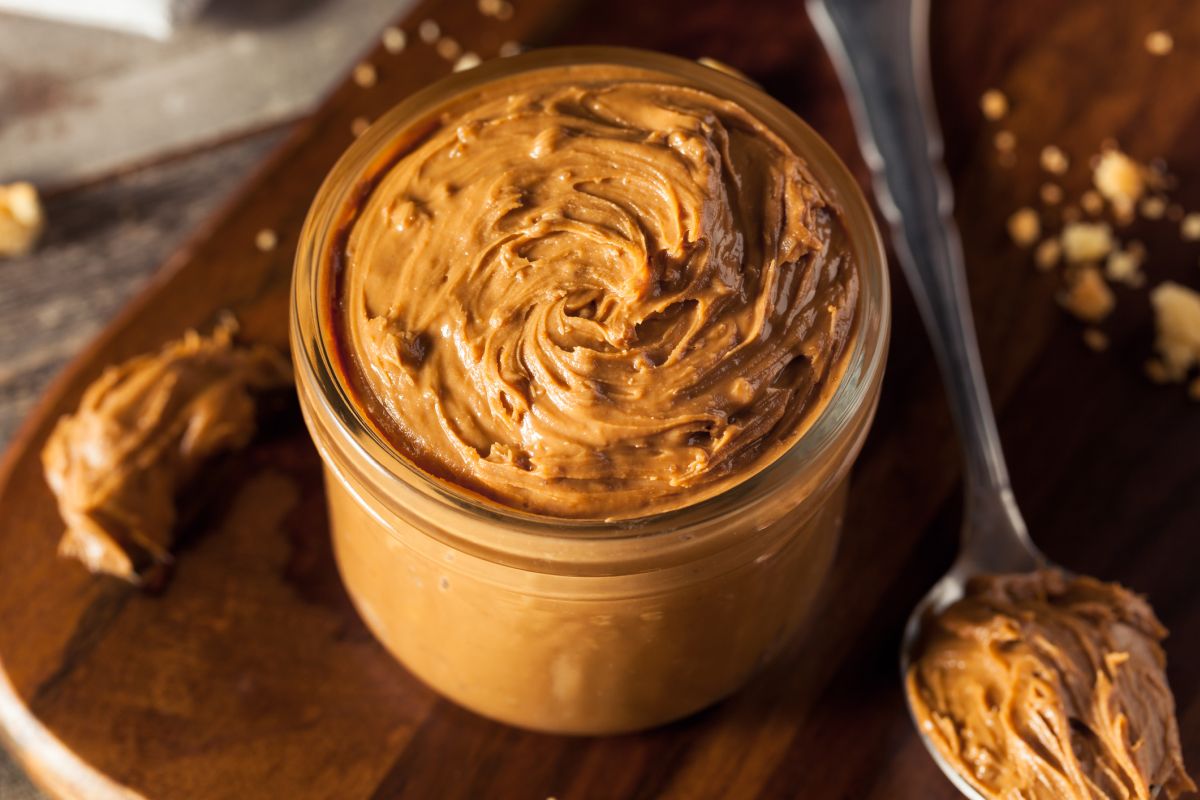You may need an egg substitute for many different reasons, from allergies, dietary restrictions, or simply not liking the taste of them. There are plenty of alternatives that replace eggs in cooking and baking recipes.

Why You May Need an Egg Substitute
Allergies
Some people are allergic to the proteins found in chicken eggs, or any other eggs for that matter, and should avoid them at all costs.
Vegan Diet
Although no type of eggs are allowed in the vegetarian diet, if you are a strict vegan this forces you to avoid any animal products, including eggs.
You’ve Run Out
If your eggs have spoiled or run out when you need them, using an alternative can come in handy.
Taste Issues
In many recipes where eggs are used, you don’t often taste the eggs. But if you are sensitive to the taste and dislike eggs, using an alternative with the same properties is essential.
Common Uses for Egg
- Cooking and Baking – from scrambled eggs and omelets to poached eggs, they can be enjoyed as a topping, side, or main feature of a dish.
- Binding Agent – eggs can be used to bind ingredients together in food such as burgers, meatloaf, and quiches.
- Thickening and Emulsifying – eggs can be used in sauces and dressings like hollandaise sauce and mayonnaise to emulsify ingredients and add thickness
- Egg Wash – it can be whisked and combined with or without milk to glaze pastries to give them a golden brown and glossy crust.
- Soups and Broths – eggs can be used to make egg drop soup, where beaten eggs are added to a hot broth, creating ribbons of cooked egg.
- Desserts – custards and puddings like crème brûlée and flan are made with eggs as a key ingredient.
- Meringues – meringues are made from whipped egg whites and sugar and are used as toppings for pies and desserts.
What Do Eggs Do in Baking?
- Binding – eggs act as a binding agent to keep your baked goods together and from falling apart.
- Leavening – eggs and especially egg whites can be whipped to incorporate air into your dish or baked goods, allowing for a lighter, fluffier texture.
- Moisture – eggs add moisture to dishes, as other ingredients absorb the moisture from the eggs.
How to Choose a Substitute for Eggs
To choose a substitute for eggs, you first have to identify the use of the eggs in your recipe. Some egg substitutes offer better leavening properties than others, such as aquafaba, while flax seed eggs are the best at binding ingredients together.
Choose your egg substitute according to the role it will play in your dish for the best success.
14 Best Egg Substitute Options
1. Flax Eggs
Flax eggs are ground flax seeds soaked in water until all the water is absorbed and it has become gel-like in consistency. Minimalist Baker shows you exactly what ratio of ground flaxseed water to use. This is most suited in recipes where you require a binding agent.
2. Mashed Banana
America’s Restaurant uses a mashed banana to replace eggs in any cake mix since it has good binding qualities, adds a bit of sweetness, and is allergen-friendly.
3. Applesauce
Applesauce is ideal to use as an egg replacement in most baking recipes, but it is best to try and use unsweetened applesauce since sweetened applesauce contains a lot of sugar which will alter the sweetness in your recipe. We Go Wild recommends 60 to 80 grams of applesauce to replace one egg.
4. Commercial Egg Replacer
You can find commercial egg replacers in most grocery stores, it is vegan-friendly since it is made from starches such as potato or tapioca starch. Follow the instructions according to the package and try it in The Spruce Eats’ vegan double chocolate cookies.
5. Silken Tofu
Silken tofu is good to use in heavy or dense baked goods such as brownies or cookies, but ideally, you would use this where you want ‘whole’ eggs. My Minimalist Vegan uses silken tofu in a scrambled egg recipe.
6. Vinegar and Baking Soda
When these two ingredients are mixed together, they create carbon dioxide, which can help make your baked goods light and fluffy. Eggless Cooking shows you how to mix both ingredients to replace an egg.
7. Buttermilk
Buttermilk can replace eggs easily in any baking recipe since it adds some binding to the recipe. Sugar n Spice by Radhika shows you how to use it and gives you a quick recipe for making your own buttermilk too.
8. Arrowroot Powder
Arrowroot powder is a starch from the arrowroot tuber and can replace eggs in recipes where you need it to bind your ingredients together as well as thicken your recipes as needed. Eggless Cooking shows you how to use arrowroot powder to replace eggs.
9. Aquafaba
Aquafaba is the liquid you get from a can of chickpeas, and it has excellent binding qualities. It can be whipped to resemble egg whites if you need to make some fluffy pancakes or airy cupcakes. Chebe shows you how much to use to replace one egg at a time.
10. Nut Butter
Using any nut or seed butter can replace an egg in your recipes. According to National Peanut Board, you can use 3 tablespoons of nut butter to replace one egg in most recipes but it is best to experiment. It will act as a binding agent, but be aware that it will add a nutty flavor to your dishes.
11. Carbonated Water
Carbonated water traps air bubbles in a batter, which can help leaven the recipe. This Wife Cooks replaces eggs using a ¼ cup carbonated water to 1 egg ratio, and shows you how to use this substitution in most recipes.
12. Agar-Agar & Gelatin
Agar-agar or gelatin can replace an egg if you have an egg sensitivity, Alliana’s Kitchen shows you exactly how to prepare the gelatin before you add it to your recipe. If you are vegan, you can do the same with agar-agar powder, a plant-based gelling agent.
13. Soy Lecithin
You can find soy lecithin granules in most health food stores. Use them in recipes if you need a binding agent. Puritan explains how to use this by-product in your recipes to replace eggs among its list of common uses.
14. Powdered Eggs
Powdered eggs are fully dehydrated eggs and can be reconstituted into eggs using water. Follow the directions on the package and use them as normal in your recipes. Bakerite notes that most egg powders are shelf stable for up to 2 years, which is great if you only use eggs every now and then.
Tips for Egg Substitution
- Consider the use -identify and consider the purpose your eggs are serving in your recipe. If you need a binding agent in a recipe, use an egg substitute with good binding qualities
- Taste – some egg substitutes will add a pronounced flavor to your dish, such as nuttiness from nut butter, whilst others, like tofu, won’t add much flavor at all. Keep this in mind to ensure your recipe still comes out delicious.
- Dietary restrictions – if you have any dietary restrictions, such as being vegetarian or vegan, you need to evaluate if the replacement you are using adheres to these restrictions. Gelatin, for instance, is made from animal bones and will not be suitable for vegetarians or vegans.
Best Vegan Egg Substitute
The best vegan egg substitute is either flax seed eggs or tofu. Flax seed offers great binding qualities, while tofu can be easily mixed to resemble real scrambled eggs.


Leave a Reply